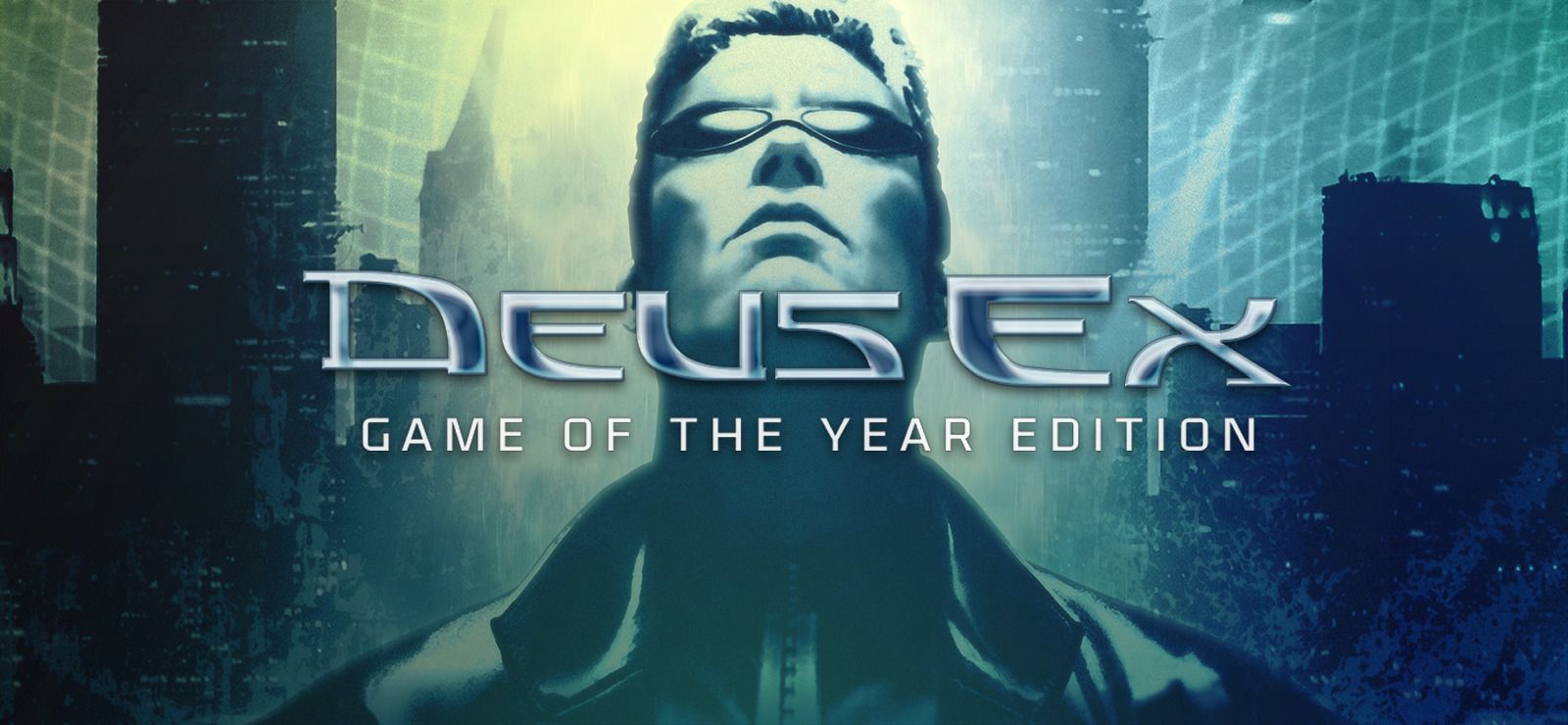Cyberpunk: The importance of being Transhuman?
Transhumanism in the cyberpunk genre is a fundamental concept that significantly impacts the narrative and themes present in films, video games, and books belonging to this dystopian and futuristic genre.

Transhumanism in the cyberpunk genre is a fundamental concept that significantly impacts the narrative and themes present in films, video games, and books belonging to this dystopian and futuristic genre. Transhumanism refers to the transformation and evolution of the human being through the advanced use of technology. This evolution can include the implementation of cybernetics, neural implants, prosthetics, and other physical modifications that enhance human capabilities. Technology becomes an integral part of human identity, blurring the boundaries between human and machine.
The three ways
The importance of transhumanism in the cyberpunk genre can be outlined in three ways:
- Exploration of ethical implications: Transhumanism prompts reflections on complex ethical issues concerning the evolution of the human being through technology. This includes debates about privacy loss, social inequalities, and the impact these modifications can have on human essence.
- Representation of a technology-controlled society: In the cyberpunk genre, transhumanism is often used to create dystopian worlds where large corporations and governmental institutions have total control over technology and people's lives. Examples of this theme can be found in films like "Blade Runner" and "Ghost in the Shell."
- Exploration of human identity: Transhumanism in cyberpunk often offers reflections on identity and the search for meaning in the era of advanced technology. Characters like the Major Motoko Kusanagi from "Ghost in the Shell" or the protagonist of William Gibson's "Neuromancer" confront the dilemma of being human and their connections to the digital world.
References to films, video games, and books
References to films, video games, and books exploring the theme of transhumanism in the cyberpunk genre include:
Films:
- "Blade Runner" (1982) directed by Ridley Scott, based on Philip K. Dick's novel "Do Androids Dream of Electric Sheep?"
- "Ghost in the Shell" (1995) directed by Mamoru Oshii, based on Masamune Shirow's manga.
- "The Matrix" (1999) directed by Lana and Lilly Wachowski, exploring themes of simulated reality and mind-machine integration.
Video Games:
- "Deus Ex" (2000) developed by Ion Storm, where players explore a dystopian future with cybernetic implants and complex moral choices.
- "Cyberpunk 2077" (2020) developed by CD Projekt Red, set in a futuristic world where transhumanism is an essential part of society.

Books:
- "Neuromancer" (1984) by William Gibson, considered one of the foundational novels of the cyberpunk genre, featuring a protagonist who is a hacker with a neural interface implanted in the brain.
- "Altered Carbon" (2002) by Richard K. Morgan, where bodies can be replaced using a technology called "stack," leading to reflections on immortality and human identity.
In conclusion, transhumanism in the cyberpunk genre offers a profound exploration of ethical, social, and identity-related themes, making it a rich and stimulating topic for university studies in science fiction and dystopian narratives